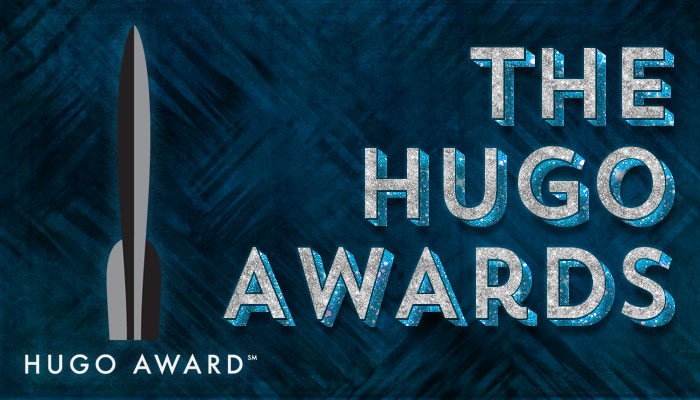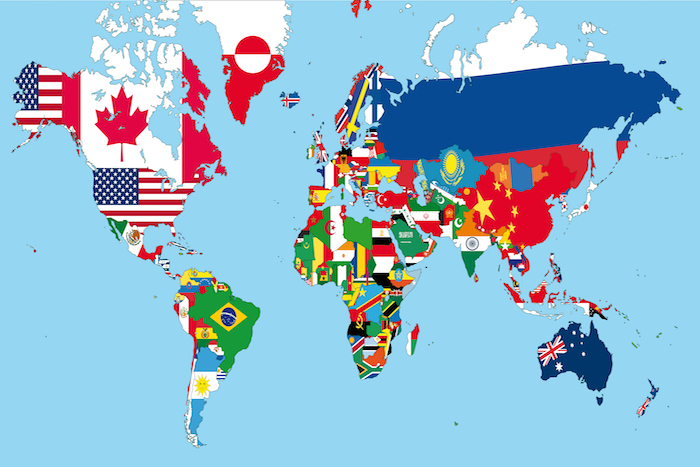Why Write
29 October 2013
Unlike a lot of people I know, writing didn’t come naturally to me. As a kid, I never felt the urge to write fiction. I wrote some songs, but that’s not really the same thing.
Music — that came far more easily to me. Dance was much, much harder, but I loved tap dance. By the time I was sixteen, I’d performed on stage as a dancer (my stage debut was tap dancing in a duck suit), singer, and on seven different instruments (alto sax, tenor sax, baritone sax, flute, piccolo, oboe, and viola). By the time I was eighteen, I added three more instruments (piano, guitar, and bass guitar).
I have an amazing memory for numbers. I also have an amazing memory for melodic lines. I can hear a piece, remember the melodic and harmonic lines and often improvise a counterpoint. For me, though, that’s more my math brain at work than my creative brain.
I love my math brain, don’t get me wrong. But I found I’m not happy if I’m not exercising both my math brain and my creative brain, and the math brain side gets plenty to do at work.
Which is no doubt why I didn’t stick with music. That, and I was always shy about having other people hear me practice. Performing was fine, but I cringed at practice rooms with glass doors.
Writing was harder than all of them, yet it’s what’s stuck with me. Why? I know younger me. If I’d had any idea it’d be as hard as it is, I would have given up.
Lawrence Block gave me the idea to write. I’d always been an avid reader. I’d read his fiction, and Telling Lies for Fun and Profit came out. Starved for another book, I read that too. Then my best friend Joyce started a writing group for our friends. If I wanted to hang out with the cool kids, I had to write.
So here are my first lines of fiction:
While waiting for a response, Gilbert’s beeper made a raspberry sound. He calmly moved his hand to silence it, and, in his haste, knocked it to the ground. It shattered with a last mournful wail. Gilbert’s faced turned raspberry, no doubt to match the sound.
Beepers. Those were the days. This was supposed to be a science fiction novel. Sigh. At least the character wasn’t waking up. Joyce said it was like “waltzing with Frankenstein,” clarifying that it was incredibly awkward, but it got there.
The interesting thing to me is that I wrote it in third person, which is most common. I soon found I was blocked if I didn’t draft in first person. For me, formal essay writing is like pulling teeth, and because writing in third person reminded me too much of essay writing, all my fiction first drafts had to be in first person or I’d freeze up. So I’d draft in first person, then edit it into third person (if that was the right viewpoint). Total pain. It was years before I could draft in third person.
And I didn’t know anything. I’m not someone who actually learns about book structure or style by reading books. When I read, I get caught up in the world, and rarely see the structure so long as I stay in readerspace.
So I learned writing through workshops and critique groups. In addition to the experience in my BA and MA programs, I went to Odyssey, Clarion, and Viable Paradise (twice). I can’t actually tell you how many shorter workshops I’ve been to. At every single one, I learned something important to me, even if that something was, “ignore this person’s advice.”
Yet, I’ve heard people diss the workshopping experience as if it’s only for “those other writers” who lack confidence. Sure, I’ll cop to having lacked a good chunk of that, too, but that’s not why I went. I went to learn, and learn I did.
Many writers struggle with understanding their creative process. Each person’s is unique, though each work has its own distinct process challenges. One of the things I’d learned is that I’m really really not a planner when it comes to writing. I’m of the E.L. Doctorow school: “Writing is like driving at night in the fog. You can only see as far as your headlights, but you can make the whole trip that way.” I’ve never been sure if that’s because my career (software engineering) has typically required a lot of planning, and I need to go into a different headspace — or what. Overplanning means the energy of the book fizzles, never to be caught again.
What’s the right amount of planning for me? I was in grad school for my MA in Writing Popular Fiction, and I had to turn in a synopsis. This is often the thing that kills a book’s energy for me, so I was pretty terrified. I was out for dinner at a Mexican restaurant with my husband and my mom, and the place was one of those that had paper placemats. Service was unusually slow that day, so I started writing numbers diagonally down the piece of paper. I had twenty-four submissions to do over four terms, so I wrote the numbers 1-24. Next to each, I wrote a short (2-5 word) description of what the chapter was about. That was the right amount of planning to get me through the first draft of 102,000 words. For me, that amount of planning usually comes about 1/4 of the way into the book. I can (and do) write entirely blind until then. I call it “backing into a book.”
Yet short fiction is quite different for me: I write the opening, I write the last line (most frequently) or last scene, then I write the middle. I need that map tack to work toward.
In 2010, my MA program decided to become an MFA program, and I went back “for the F,” as some of us put it.
Catch is, I’d changed a lot as a writer, and what I felt I needed wasn’t something I felt the program would provide, so I dropped out. I’ve wondered in the interim if I was just being an idiot. This year, I went to Milford, my sole significant workshop in quite a few years.
What I learned was that my instincts were correct — I had, somehow, managed to put together the remaining pieces I needed as a writer in the interim. This doesn’t mean I always see what the problems are in my own work, of course, nor does it mean that I don’t have work to do. It’s just that I know what to do and how to solve things, which didn’t used to be the case.
My first drafts can be just as awful as they ever were, but the surprise is that they aren’t necessarily that crappy. Somehow, finally, I had internalized the pieces I needed to know.
Then, last night, I wrote the synopsis for a book I’ve written one page of, and I didn’t feel the energy of the book fizzle. Will I be able to write this book now that I have a deeper sense of the plot and characters than I usually start with? Who knows.
Writing’s an evolving set of challenges, which is, no doubt, why it continues to hold me captive after all these years.
 ]
Yes,
]
Yes, 




